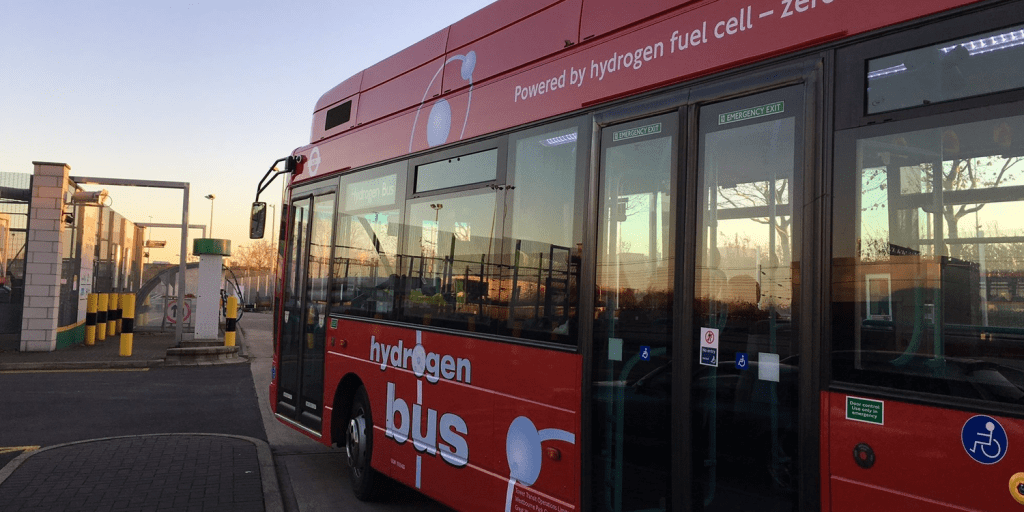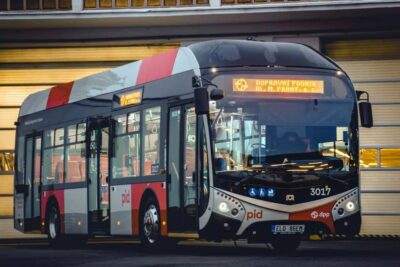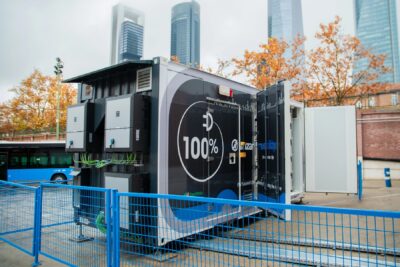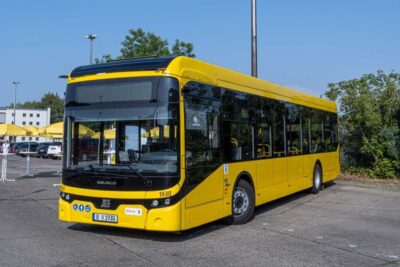600 fuel cell buses and H2 infrastructure for Europe
The European Union is pushing to electrify transport on the continent and launched a new programme for fuel cell buses. The H2BusEurope scheme includes 600 hydrogen buses and infrastructure and is worth 40 million euros. One country benefits in particular.
One third of the 600 fuel cell buses have been reserved to go to Denmark as the country expects the delivery of 200 hydrogen-powered buses by 2020. Moreover, Denmark will also provide the H2 infrastructure as the filling stations will be made in the large-scale production plant by Nel ASA in Danish Herning. From there they will deploy the stations to the two other countries taking part in the H2BusEurope scheme, namely Great Britain and Latvia.
According to the Danish Minister of Energy, Utilities and Climate, Lars Chr. Lilleholt, Denmark receiving such support “is a recognition that it is a Danish factory that is to provide the hydrogen refuelling stations for the buses”. He added that this programme is a payback “or the support we have given over the years to the research and development of hydrogen through the EUDP-programme”.
The H2BusEurope programme is part of Connecting Europe Facility (CEF) and worth close to 40 million euros. CEF is aiming to decarbonise transport in Europe and has recently been awarded 700 million euros in funding through the EU Commission. Since 2014, the first CEF programming year, there have been four yearly waves of calls. In total, CEF has so far supported 641 projects with a total amount of 22.3 billion euros.
Zero emission buses, in this case fuel cell electric buses, are on the rise in Denmark. The capital of Copenhagen plans to become the first CO2-neutral city in the world by 2025, while the Danish government presented a new climate action plan for the nation. Their 38 measures include the stated aim of electrifying the entire taxi and bus fleet by 2030 as we reported earlier this month.





0 Comments